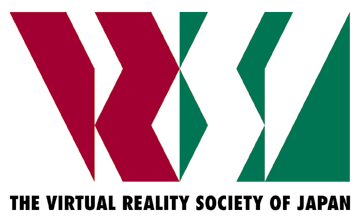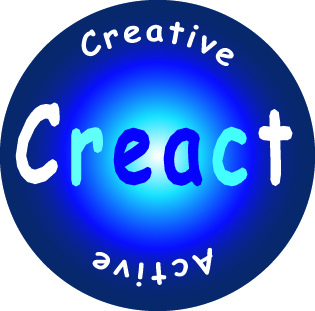Workshop 2: Mixed Reality Entertainment and Art
- Adrian David Cheok, National University of Singapore
- Michael Haller, Upper Austria University of Applied Sciences
Time lenght: Full day
Website: http://ismar07ea.wikidot.com/
Summary:
Recently more and more people realize that entertainment is a key driver for development of technology. There has been a great deal of recent research put in the entertainment industry and it has grown dramatically as a topic of research interest. However, there is still a big gap to achieve physicality, mobility, tangible, social and physical interaction for people’s entertainment. The main deficiencies of present entertainment systems is that they make people involved in the play passively and partially due to limited kinds of screen-based interactions and also a large lack of social physical interactions between humans and computer entertainment systems. It is proposed that social and physical interactions are new paradigms that outline the vision of the next generation of entertainment. We can provide these interactions through employment of technologies such as mixed reality to merge the human physical world with the virtual game world. Those new genres of mixed reality entertainment technology should provide much greater degrees of freedom than current entertainment systems.
Furthermore, the advances in mixed reality entertainment have also led to new forms of technology-enabled media art, culture and performance which have created new forms of entertainment that attract, immerse and absorb their participants. The phenomenal success of such a “culture” to initiate a mass audience in patterns and practices of its own consumption has supported the evolution of an enormously powerful mass entertainment, digital art and performance industry extending deeply into every aspect of our lives, leading further to major societal and business contacting changes.
In this workshop, we plan to explore and discuss the latest research and new paradigms of mixed reality for entertainment and art. We would welcome both academic and industry viewpoints and reports. The range of topics to be explored could include Mixed Reality applications for:
- Location-based and Pervasive Gaming,
- Mobile Entertainment,
- Entertainment Robotics and Haptics
- Digital, Artistic, and Commercial MR Games,
- MR Edutainment,
- Educational/Serious Games,
- Interactive Games,
- Multimodal Interfaces for Games,
- e-Performance (e-Opera, e-Theatre, e-Concert, ...),
- Virtual Exhibitions and Museum Installations
- Social and Interactive Entertainment Computing Applications,
- Innovative Applications of Technology in the Arts,
- Novel Interfaces for MR Games,
- Tabletop Games
Submit papers to: ismar-ea-workshop@mixedrealitylab.org
The workshop plans to include full and short presentations, demos, and
posters. Interested participants are requested to submit and up to 6
page paper or 2 page poster/demo description in the ACM format
(additional video links are encouraged). To submit paper, send the
submission to: ismar-ea-workshop@mixedrealitylab.org - videos should
not be sent but be provided with a link.
Important Dates:
- Paper submission: September 30th
- Notification: October 14th
- Camera Ready (Published on Workshop Home Page as PDF File): October 30th
- Workshop: November 13th
Special Issue in International Journal of VR:
Selected workshop papers may be re-edited and published in a special issue of the International Journal of VR (http://www.ijvr.org).
Keynote Workshop Talk:
A special keynote workshop talk will be given by NEC Corporation researchers, including performance of Papero Robot. More details will be given closer to the event.
Optional Workshop Dinner and Zazen Experience:
An optional dinner and tour will be part of the workshop. It will include a unique and amazing cultural experience of Zen meditation and traditional Japanese Zen Temple dinner in the center of Zen culture Kyoto, which is nearby to Nara.
Workshop Co-Chairs
Mark Billinghurst, HIT Lab NZ, University of Canterbury, New Zealand
Masahiko Inami, The University of Electro-Communications, Japan
Carsten Magerkurth, SAP Research CEC, Switzerland
Ryohei Nakatsu, Kwansei Gakuin University, Japan
Zhigeng Pan, Zhejiang Unversity, China
Naoko Tosa, Kyoto University, Japan
Woontack Woo, GIST, Korea
Keiji Yamada, C&C innovation Laboratories, NEC Corporation, Japan
Publicity Chair
Dongpyo Hong, GIST, Korea
Organizing Chair
Newton Fernando, Mixed Reality Lab, National University of Singapore










